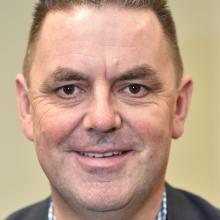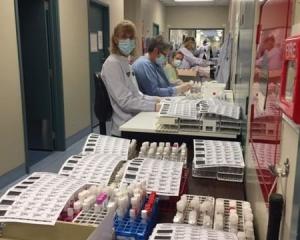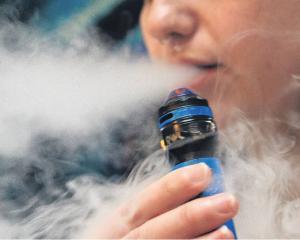The Southern District Health Board is trying new initiatives, including nurse-led early treatment zones, to arrest a declining performance in emergency department (ED) wait times.

In its 2015-16 quality account report, released this week, the board says the number of people attending ED ''continues to rise'', making it difficult to achieve the Government's target.
The target stipulates 95% of patients should be treated within six hours.
Initiatives under way include nurse-led early treatment zones, working with the primary health organisation to examine frequent attendees, and implementing an ''internal medicine winter flex unit''.
There were also daily meetings in ED to focus on presentations, breaches, and resolutions, the report said.
The report covers 2015-16, and in the first quarter of 2016-17 the performance slipped further, to 90%, Ministry of Health data shows.
Other information released to the Otago Daily Times under the Official Information Act shows Health Minister Dr Jonathan Coleman has been advised about the problem.
The ministry told Dr Coleman last year it discussed ED waiting times with the SDHB commissioner and the senior management team.
''As well as discussing the cardiac waiting list . . . the deterioration of ED waiting times at Dunedin Hospital was discussed.
''The DHB is focusing on this issue, including tasking the chief medical officer with facilitating improvements to ensure the performance improvements,'' the briefing note released under the OIA says.
The quality report's preamble, written by commissioner Kathy Grant and chief executive Chris Fleming, highlighted the positives, but also acknowledged the follow-up appointment crisis that caused dozens of patients to lose part of their sight.
''We have also identified areas where we have not met the expectations our community has of us, notably in the unacceptably long waiting times for our ophthalmology services, and we are focused on addressing this situation.''
The board was ''top in the country'' for staff hand hygiene, and exceeded its elective surgery target. In all, 13,324 elective procedures were carried out.
The board was pleased that in some immunisation measures, Maori rates exceeded non-Maori rates.
''Improving across all our services requires a culture of collaboration and innovation, and this has been a strong focus this year with the southern future programme of work. We heard from our patients about their experiences and priorities, and we thank everyone who participated in this,'' the pair wrote.
In a press release, Mr Fleming said services were being supported by stronger IT systems.
''Quality and safety is our highest priority, and the responsibility of everyone within the DHB. We congratulate all our teams on their efforts in this area, and look forward to building on these initiatives further to provide the best possible care for our community.''












